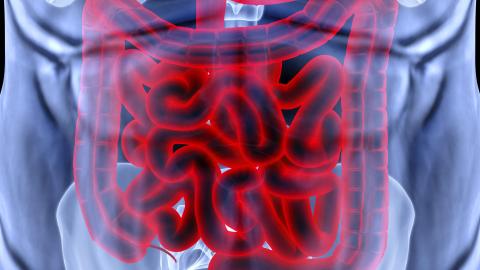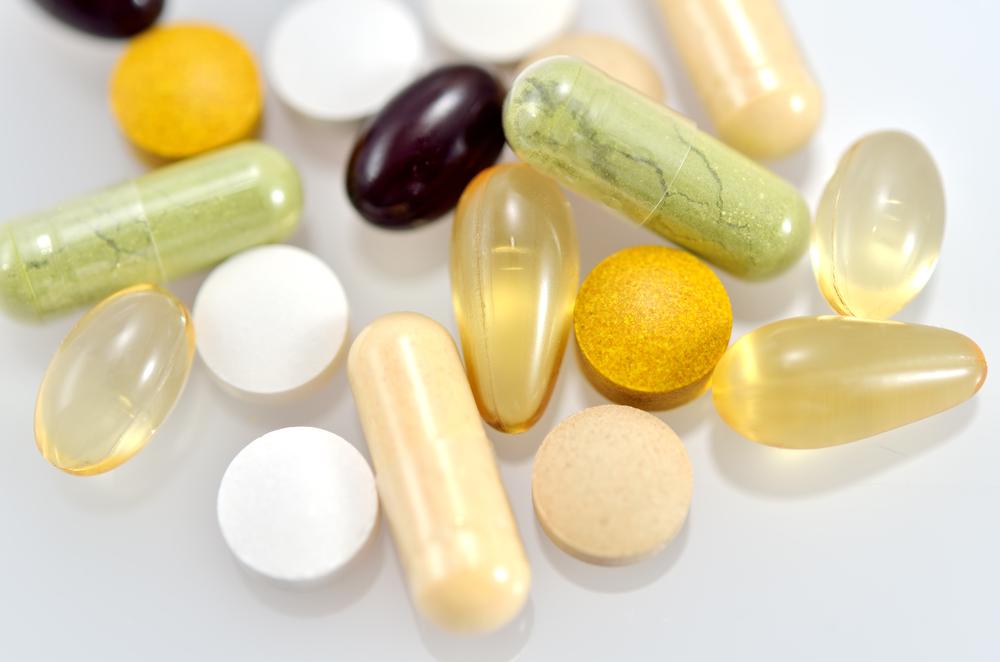What’s Really Causing Heart Disease? Our Own Guts?

What’s the Latest Development?
Diets high in red meat are associated with an increased risk for heart disease, but the usual suspect (cholesterol) has been proven innocent (or not entirely guilty) in several recent studies. Now, scientists are turning their gaze to the trillions of bacteria living in our gut. In an experiment, the blood of individuals who ate 8oz sirloin steaks was found to have high levels of two specific chemicals called carnitine and TMAO. The former is found naturally in red meat while the latter is a byproduct of bacteria working in the gut. “[W]hen the same people were given antibiotics to kill their gut microbes, a subsequent steak meal produced little TMAO, even though their carnitine levels went even higher than before.”
What’s the Big Idea?
The recent research is part of a growing trend that focuses on the body’s interior regulatory systems as the source of disease rather than external sources, in this case, cholesterol. “That does not absolve cholesterol of blame…[b]ut the study is yet another reminder that medical science’s past failure to take proper account of humanity’s bacterial guests has stopped researchers understanding how bodies actually work. Heart disease is the biggest killer around. Though [recent] analysis does not change advice about how to prevent [heart disease], it may radically revise the treatment of those for whom prevention has failed.”
Photo credit: Shutterstock.com




